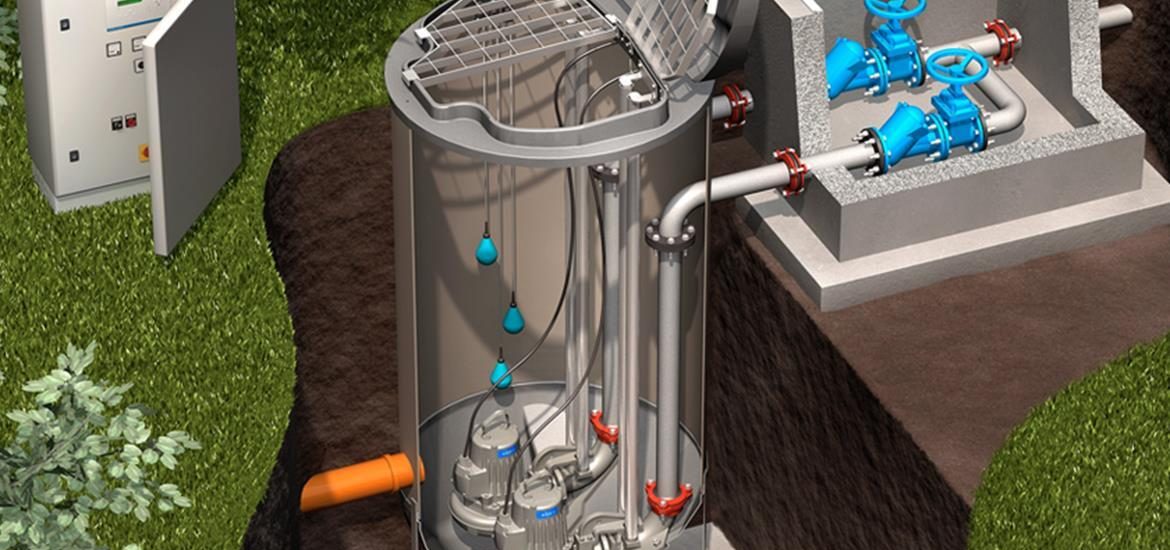About the project
Objective
- Reallocate maintenance resources from purely scheduled (preventive) activities to condition‐based and predictive strategies, thereby freeing time for future upgrades and investments.
- Identify cost drivers within the pump systems to target the layers where maintenance improvements yield the highest savings.
- Develop a predictive maintenance algorithm that incorporates a reliability index and measurable parameters to classify pump status and estimate remaining service life, assigning each pump a condition score (1 = new, 5 = worn).
- Pilot and validate the new solution at Högdalen pump station, installing and evaluating additional sensing equipment as needed.
- Ensure compatibility with Stockholm’s IoT platform, positioning the project as a first step toward broader adoption across city departments and external companies.
Background
Wastewater collection networks are essential for ensuring public health and wellbeing, yet they are susceptible to numerous faults including pipe bursts, pump malfunctions, and valve failures. Traditionally, preventing these issues has depended on frequent inspections and reactive repairs. However, there is growing recognition that a more proactive strategy—one rooted in predictive and condition-based maintenance—can both enhance the reliability of wastewater infrastructure and streamline the resources required to operate it. Such an approach can significantly reduce unexpected downtime, extend equipment lifespans, and ultimately lower overall lifecycle costs.
Despite the promise of prognostic models for predictive maintenance in many industries, water infrastructure has not received as much attention as manufacturing or other sectors. Current diagnostic tools in this domain are often tailored to a specific component or pump type, requiring specialized local measurements such as vibrations, oil temperature, or power consumption. In wastewater networks with diverse types of stations and pumps, designing a model for each component can be time-consuming. Moreover, missing measurements or uncertain behavior pose additional challenges. Consequently, the need has emerged for a flexible, data-driven solution capable of handling variations in station design, measurement availability, and environmental conditions.
The DECORUM (Optimized Predictive Maintenance for Wastewater Pump Stations) project, establishes the cooperation between the City of Stockholm, the Stockholm water utility operator (SVOA), the international water technology firm Xylem, and KTH to fill these gaps. SVOA alone operates roughly 300 wastewater pump stations, each with multiple pumps crucial to the city’s sewage system. Through a six-step development plan, SVOA has already taken steps to reduce maintenance costs while preserving high operational reliability. The next milestone is to move from largely manual, reactive procedures toward data-driven, predictive strategies that detect anomalies early, recommend targeted maintenance, and help technicians make informed decisions about when and how to service equipment.
Crossdisciplinary collaboration
The DECORUM project brings together a multidisciplinary team spanning academia, industry, and municipal stakeholders. KTH researchers contribute expertise in systems modeling, predictive algorithms, and robust control, while SVOA provides domain knowledge of large-scale wastewater operations and real-world operational data. Xylem, as a leading water technology company, offers more in-depth insights into cutting-edge pump hardware and software solutions. By uniting these diverse perspectives, the project can address both theoretical and practical challenges, ultimately delivering a flexible, scalable, and impactful predictive maintenance framework for critical urban infrastructure.



